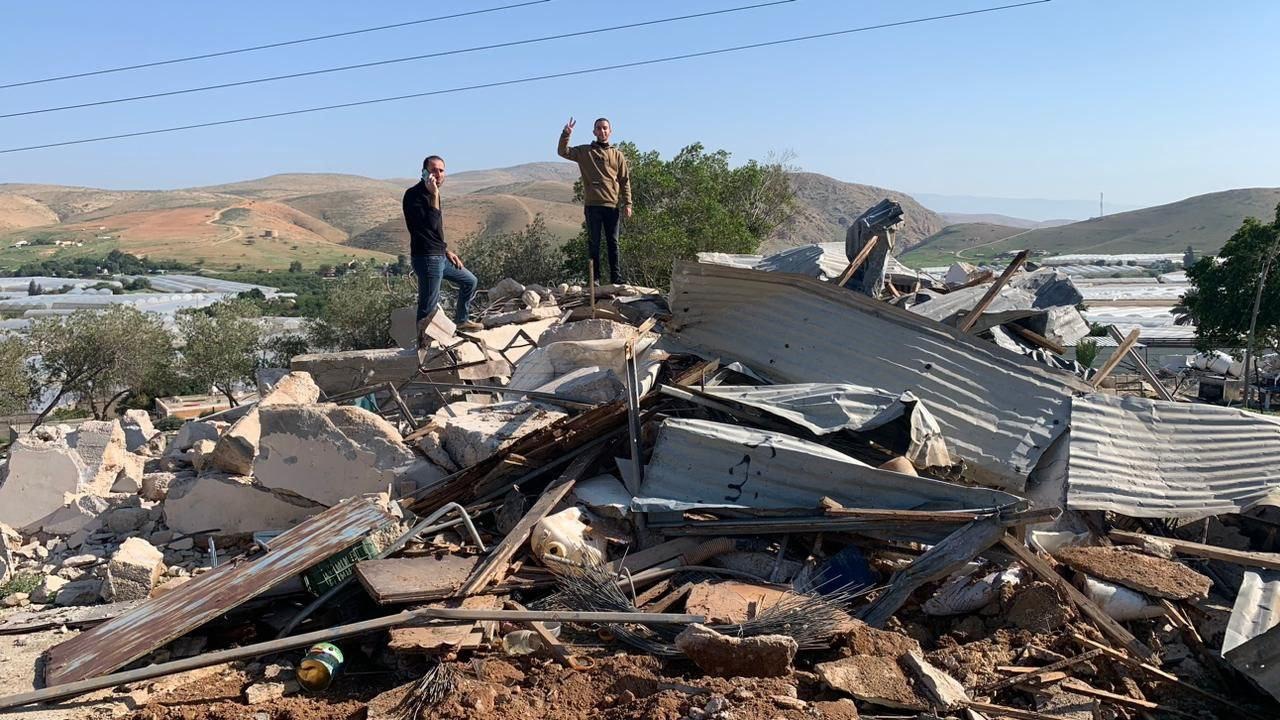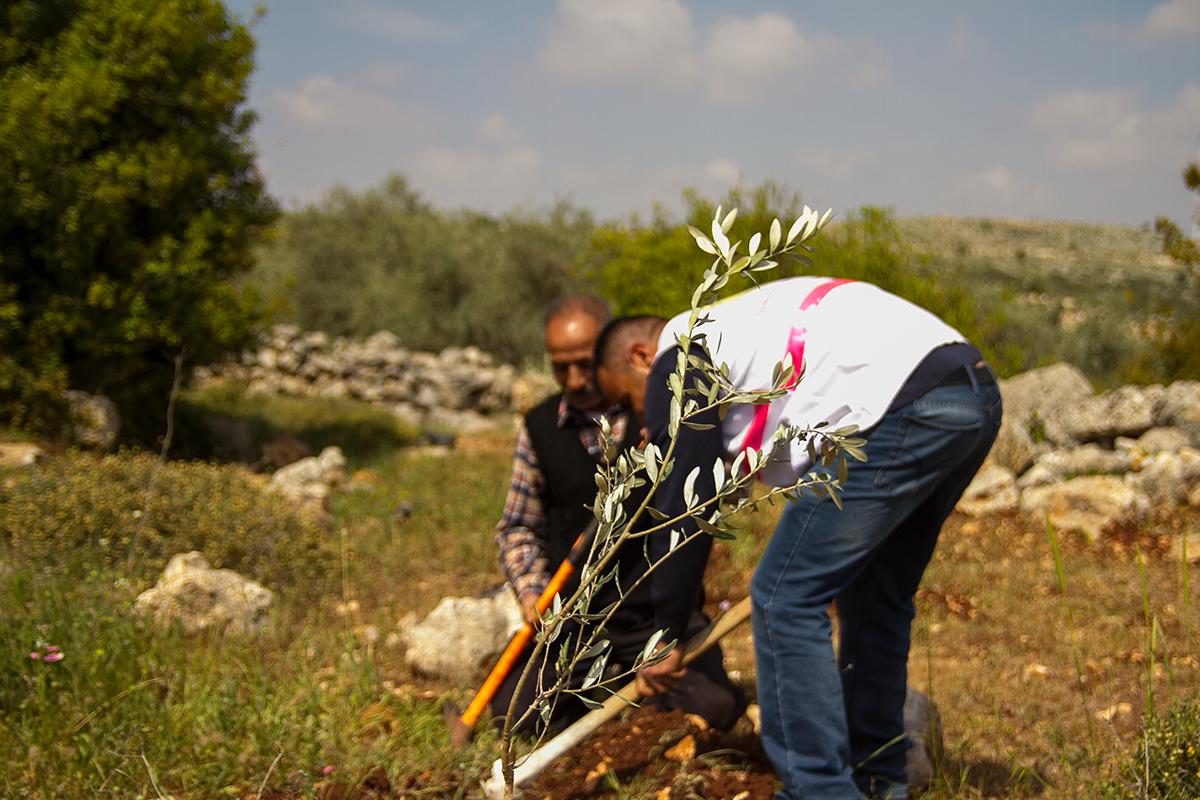Tag: Mekorot Company
-
Human rights abuses in the Jordan Valley
29 December 2023 | International Solidarity Movement | Jordan Valley The following article is a snapshot of how life is under occupation and brutal settler colonialism for the Palestinian communities in the Jordan Valley. These incidents are just some that took place on one day (Friday 29th December). Israeli Occupation Force (IOF) soldiers, along with…
-
Olive tree planting in the village of Bruqin
9th April 2017 | International Solidarity Movement, Ramallah team | Bruqin, occupied Palestine On 8th April 2017 an ISM team joint Abu Skander, a farmer from the village of Bruqin, Salfit district, to plant 30 new olive trees on his field within the village. The village is located close to the illegal Israeli settlement of Bruchin and…
-
CPT: Israeli Border Police Demolish Cistern in Al Beqa’a Valley
Christian Peacemaker Team – Hebron Israeli border police demolished a rainwater cistern and removed irrigation pipes from several Palestinian fields in Al Beqa’a Valley just east of Hebron on July 14, 2010, the second day of incidents in the area this month. When international peace activists from Christian Peacemaker Teams arrived in the area at…


